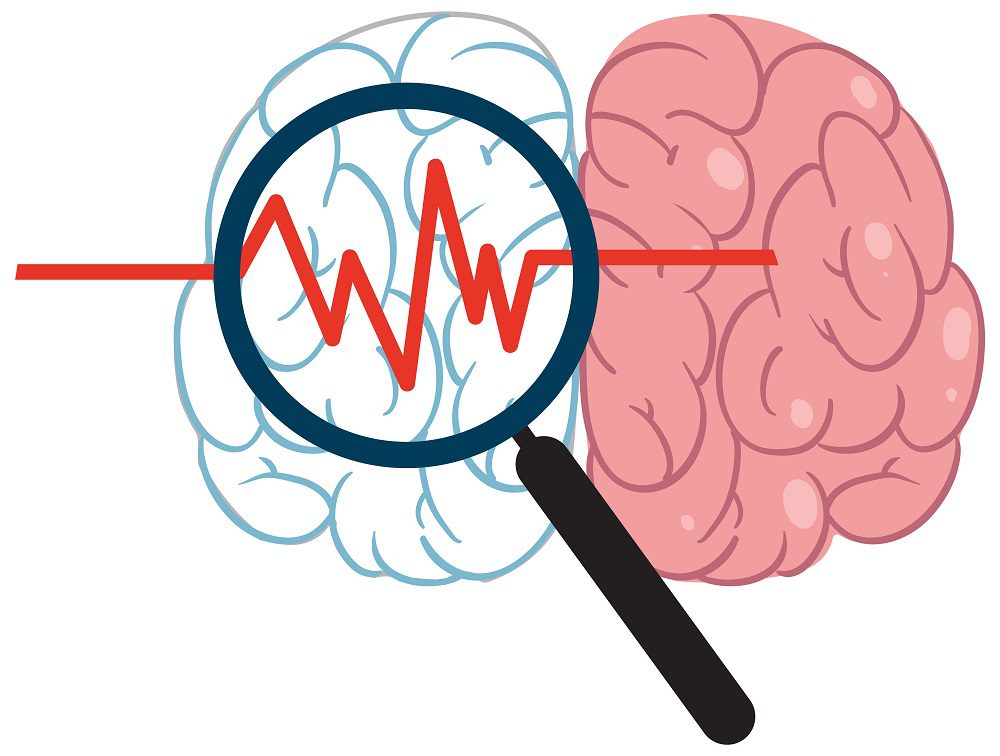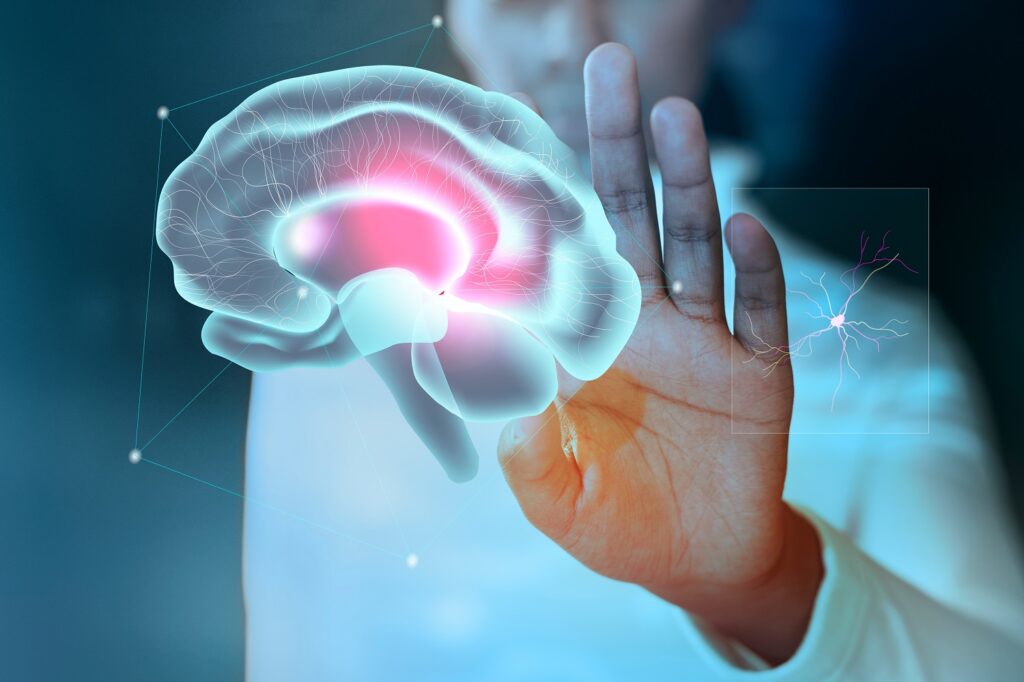In children with developmental and epileptic encephalopathies, use of topical cannabidiol gel along with antiseizure therapy can improve quality of life. The safety and tolerability of cannabidiol gel was studied on 48 children, aged 3 to 13 years, in an open-label, non-randomized controlled trial. After the initial month of baseline and titration period, patients were allowed to have a 5.5-month flexible-dosing maintenance period. The total duration of treatment was 6.5 months with twice-daily application of cannabidiol transdermal gel. Treatment-related adverse events were seen in least 5% of patients including application-site dryness, application-site pain and somnolence. 60% of patients had at least 1 adverse event and most of them were mild to moderate. Diarrhea was the only treatment-related gastrointestinal adverse event. Monthly reduction in seizures was 58% and over the entire study period was 43.5%. Improvements in social or interpersonal engagement and irritability were reported by 77% of parents and caregivers. Alertness, energy and sleep were improved in 53% while cognition or concentration improved in 47% of according to the parents and caregivers.
















